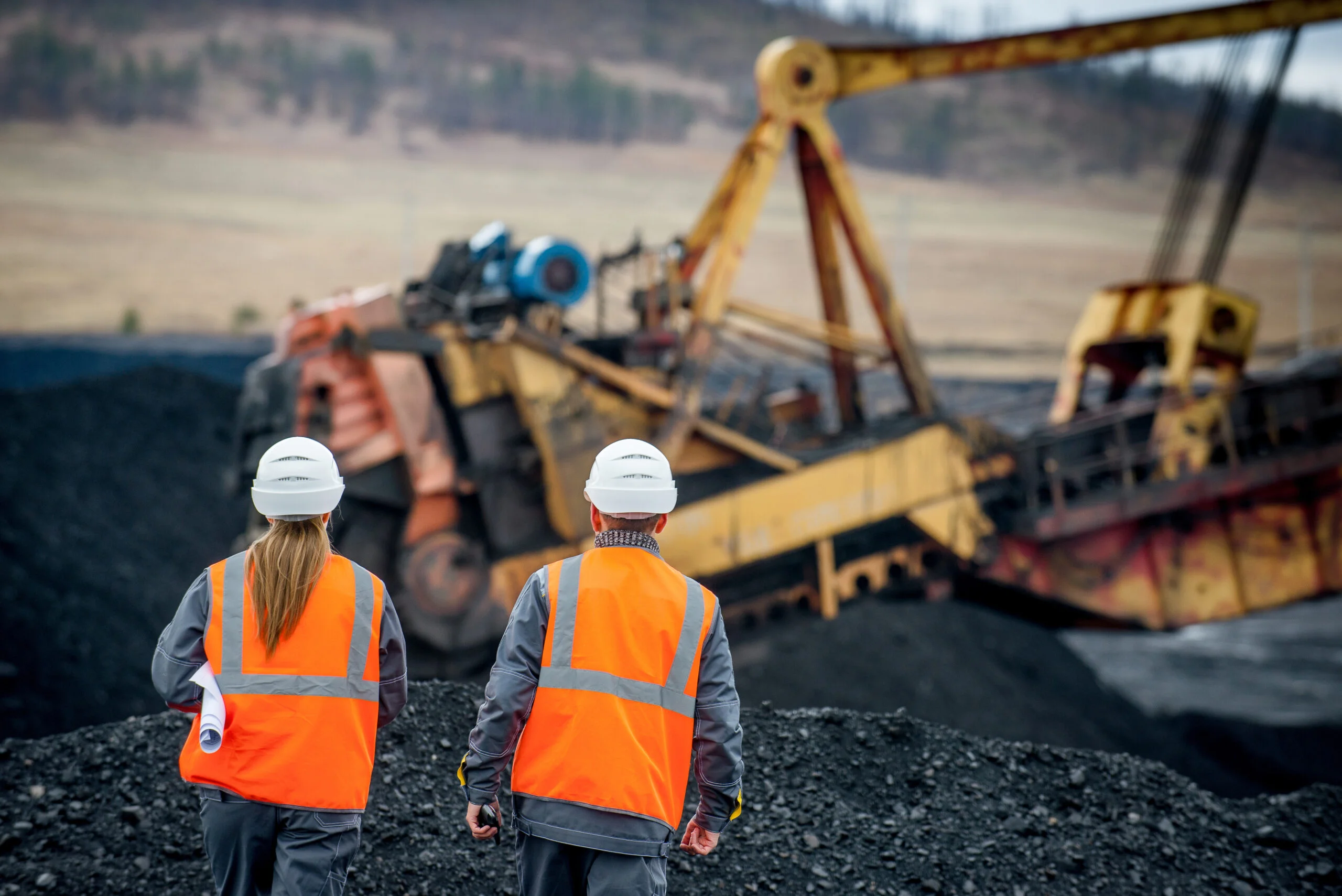Mining engineering is a dynamic field that combines engineering principles with geological sciences to extract minerals from the earth safely and efficiently. Given the increasing demand for resources, global mining plays a crucial role in meeting this need and shaping the industry’s future. To succeed in this challenging and rewarding profession, aspiring mining engineers must meet specific educational requirements. This article explores the mining engineer education requirements, including the necessary degrees, certifications, and skills needed to excel in the mining industry.
Understanding the Role of a Mining Engineer
What Does a Mining Engineer Do?
Mining engineers are responsible for designing, planning, and overseeing the construction and operation of mines. They work to extract minerals in the most efficient and environmentally responsible way possible. Their duties include conducting feasibility studies, developing mine plans, ensuring safety protocols, and managing mine operations. Just as inspiring quotes for nurses and nursing students can motivate and uplift those in the healthcare field, mining engineers can also benefit from motivational quotes and sayings that emphasize safety, innovation, and environmental stewardship in their profession.
Importance of Mining Engineers
Mining engineers play a crucial role in the mining industry, ensuring that mining operations are conducted safely, efficiently, and sustainably. They help meet the global demand for minerals and metals essential for various industries, including construction, manufacturing, and technology.

Mining Engineer Education Requirements
High School Preparation
The journey to becoming a mining engineer begins in high school. Students interested in this field should focus on excelling in mathematics, physics, chemistry, and earth sciences. Participation in science clubs, engineering camps, and relevant extracurricular activities can provide valuable foundational knowledge and experience.
Bachelor’s Degree
The primary mining engineer education requirement is a bachelor’s degree in mining engineering or a related field. Most universities offer four-year programs with comprehensive engineering principles and geological sciences education.
Key Subjects in a Mining Engineering Program
- Mathematics and Physics: These subjects form the core of engineering education, providing the necessary analytical and problem-solving skills.
- Geology: Understanding geological formations and mineral deposits is crucial for mining engineers.
- Mining Technology: Courses cover various mining methods, equipment, and technologies used in the industry.
- Mine Design and Planning: Students learn to design and plan efficient and safe mining operations.
- Environmental Science: Emphasis on sustainable mining practices and environmental impact assessments.
- Safety and Health: Training in safety protocols and regulations to ensure the well-being of workers and compliance with legal standards.
Internships and Practical Experience
Gaining practical experience through internships or cooperative education programs is essential for aspiring mining engineers. These opportunities provide hands-on experience in real-world mining operations and help students apply their classroom knowledge to practical situations.
Licensing and Certification
Mining engineers must obtain a professional engineering (PE) license to practice in many countries. The licensing process typically involves:
- Passing the Fundamentals of Engineering (FE) Exam: Administered by the National Council of Examiners for Engineering and Surveying (NCEES), this exam tests the knowledge gained in undergraduate programs.
- Gaining Work Experience: A minimum of four years of work experience under the supervision of a licensed engineer is usually required.
- Passing the Principles and Practice of Engineering (PE) Exam focuses on mining engineering principles and practices.
In addition to licensing, obtaining certifications from professional organizations, such as the Society for Mining, Metallurgy, and Exploration (SME), can enhance a mining engineer’s credentials and career prospects.

Advanced Education and Specializations
Master’s Degree
While a bachelor’s degree is the minimum requirement, some mining engineers pursue a master’s degree to specialize in mine safety, environmental management, or mineral economics. A master’s degree can provide advanced knowledge and open opportunities for research, teaching, or higher-level management positions.
Doctoral Degree
Those interested in academic or research careers typically pursue a doctoral degree (Ph.D.) in mining engineering. It involves advanced coursework, original research, and the completion of a dissertation. Ph.D. holders often work as professors, researchers, or consultants in the mining industry.
Skills and Qualities for Success
In addition to meeting the formal education requirements, successful mining engineers should possess a range of skills and qualities, including:
- Analytical Skills: Ability to analyze complex data and make informed decisions.
- Problem-Solving Skills: Developing innovative solutions to technical challenges.
- Communication Skills: Effectively communicating technical information to diverse audiences.
- Teamwork: Collaborating with multidisciplinary teams.
- Attention to Detail: Ensuring precision in planning and operations.
Trusted Resources for Further Information
For those interested in learning more about mining engineer education requirements and career opportunities, the following trusted sources provide valuable information:
- National Society of Professional Engineers (NSPE): Offers engineering licensure and professional development resources.
- Society for Mining, Metallurgy, and Exploration (SME): Provides information on certifications, industry news, and educational resources.
- Occupational Outlook Handbook – U.S. Bureau of Labor Statistics (BLS): Offers detailed information on job outlook, duties, and educational requirements for mining engineers.
Conclusion
Meeting the mining engineer education requirements involves a combination of formal education, practical experience, and professional licensing. From high school preparation to advanced degrees and certifications, each step is crucial in developing the knowledge and skills needed to excel in this dynamic field. Aspiring mining engineers dedicated to their education and committed to safety and sustainability will find rewarding careers that contribute significantly to the mining industry and society. Companies like Glencore Mining offer excellent career opportunities and are at the forefront of implementing innovative and sustainable mining practices.
